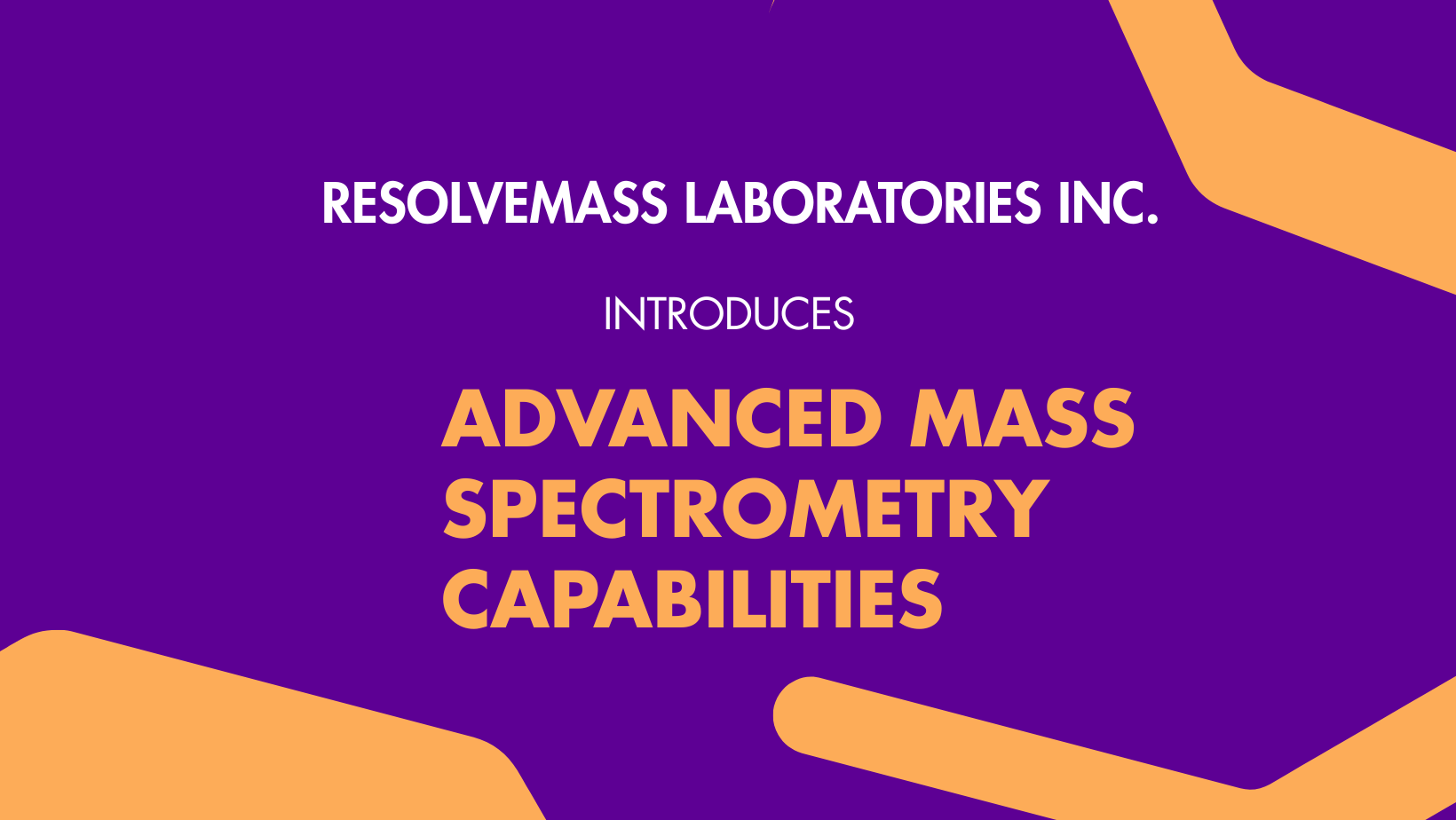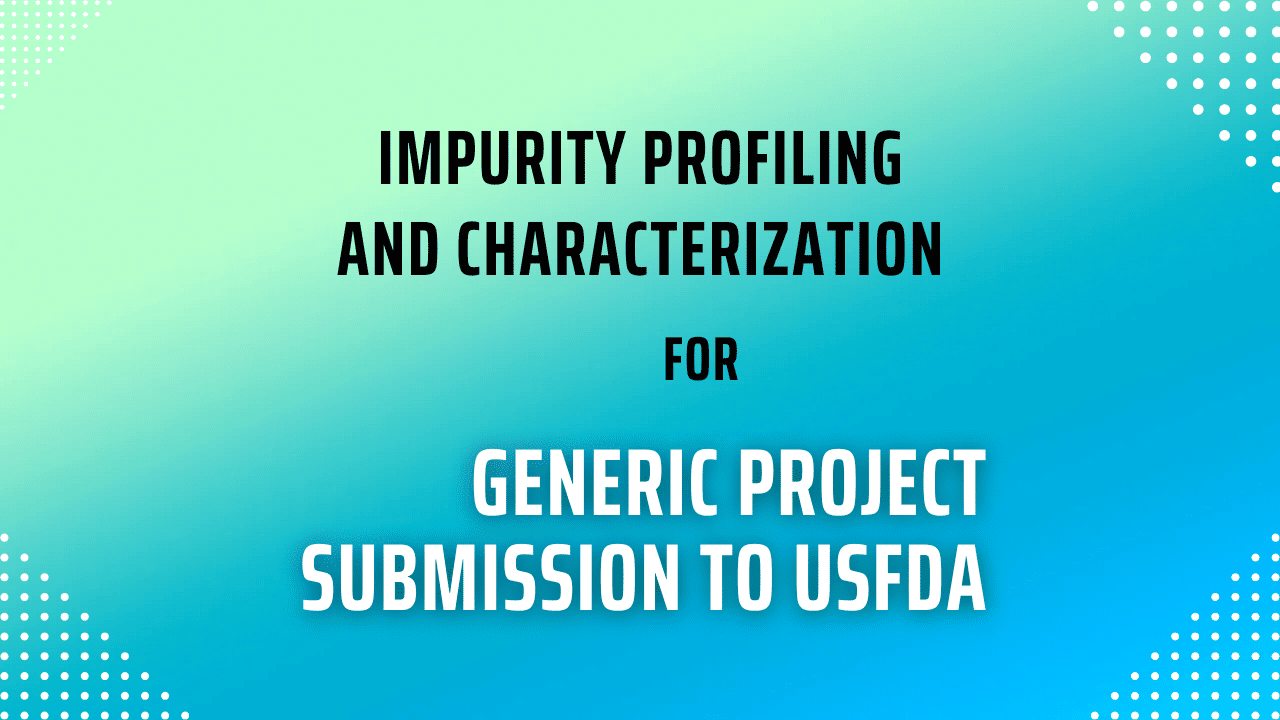Introduction
Peptide sequence identification is a crucial process in proteomics and drug development, providing detailed insights into protein structures, functions, and therapeutic potential. Accurate peptide sequencing enables researchers to decode the primary structure of peptides, identify biomarkers, and develop peptide-based therapeutics. At Resolvemass Laboratories, we specialize in leveraging advanced techniques to deliver precise peptide sequence identification services, supporting a wide range of scientific and industrial applications.
The Importance of Peptide Sequence Identification
Peptides are short chains of amino acids and are integral to many biological processes and therapeutic strategies. Accurate identification of their sequences is vital for:
- Protein Characterization
- Structural Analysis: Knowing the exact amino acid sequence helps in understanding protein structure and function. For example, identifying active sites or binding domains in proteins can reveal how they interact with other molecules.
- Functional Insights: The sequence provides clues about the biological role of the peptide and its impact on cellular processes.
- Biomarker Discovery
- Disease Diagnosis: Identifying peptide biomarkers associated with specific diseases can aid in early diagnosis and prognosis. For example, certain peptides may be indicative of cancer or cardiovascular diseases.
- Therapeutic Targets: Peptides can serve as potential targets for new drugs or therapies. Identifying specific peptide sequences can lead to the development of targeted treatments.
- Therapeutic Development
- Peptide Drugs: Designing drugs based on peptide sequences requires accurate sequencing to ensure efficacy and safety. This includes developing peptide-based vaccines, hormone replacements, and enzyme inhibitors.
- Formulation Optimization: Understanding peptide sequences helps in optimizing formulations to enhance stability, bioavailability, and activity.
- Synthetic Biology
- Peptide Engineering: Engineering peptides with desired properties for applications in medicine, agriculture, or industry involves precise sequence knowledge to ensure that modifications yield the desired effects.
Advanced Techniques for Peptide Sequence Identification
Resolvemass Laboratories employs a combination of cutting-edge technologies to achieve accurate and reliable peptide sequence identification:
Mass spectrometry is a pivotal technique in peptide sequencing due to its sensitivity and ability to provide detailed structural information.
- Matrix-Assisted Laser Desorption/Ionization (MALDI-MS)
- Principle: MALDI-MS involves embedding peptides in a matrix and using a laser to ionize them. The ions are then analyzed based on their mass-to-charge ratio.
- Applications: Suitable for analyzing peptide mixtures, protein mass fingerprinting, and large biomolecules. It provides rapid, high-throughput analysis but may have lower resolution for complex mixtures.
- Electrospray Ionization (ESI-MS)
- Principle: ESI-MS involves ionizing peptides in a liquid phase and introducing them into the mass spectrometer. The ions are then analyzed to determine their mass and structure.
- Applications: Ideal for coupling with liquid chromatography (LC) for detailed analysis of peptide mixtures. It offers high resolution and sensitivity, making it suitable for complex samples.
- Tandem Mass Spectrometry (MS/MS)
- Principle: MS/MS involves multiple rounds of mass analysis. Peptides are first ionized and separated, then fragmented into smaller ions for further analysis.
- Applications: Provides detailed fragmentation patterns that are used for de novo sequencing and identifying post-translational modifications. It offers high specificity and sensitivity for complex peptide mixtures.
Liquid chromatography separates peptide mixtures before mass spectrometric analysis, enhancing resolution and sensitivity.
- High-Performance Liquid Chromatography (HPLC)
- Principle: HPLC uses a high-pressure liquid solvent to separate peptides based on their interactions with a stationary phase in the column.
- Applications: Provides high resolution and is widely used for separating complex peptide mixtures prior to MS analysis. It is essential for achieving clean, well-resolved peptide peaks.
- Reverse-Phase Liquid Chromatography (RP-LC)
- Principle: RP-LC separates peptides based on their hydrophobicity, using a non-polar stationary phase and a polar mobile phase.
- Applications: Commonly used for peptide separation due to its effectiveness in resolving peptides based on their hydrophobic properties. It enhances the sensitivity and specificity of peptide identification.
3. Bioinformatics Tools
Bioinformatics tools are crucial for analyzing MS data and identifying peptide sequences.
- Database Searching
- Principle: Matches experimental MS/MS spectra against theoretical spectra from protein sequence databases (e.g., NCBI, UniProt).
- Applications: Allows for the identification of known peptides and proteins by comparing experimental data with existing protein databases.
- De Novo Sequencing
- Principle: Uses algorithms to interpret MS/MS fragmentation data to determine peptide sequences without prior knowledge of the protein sequence.
- Applications: Essential for identifying novel peptides or proteins not present in existing databases. It provides detailed sequence information from experimental data.
- Post-Translational Modification Analysis
- Principle: Identifies and characterizes modifications such as phosphorylation, glycosylation, and acetylation.
- Applications: Crucial for understanding the functional implications of modifications on peptide activity and stability. It provides insights into regulatory mechanisms and disease mechanisms.
The Resolvemass Laboratories Advantage
Resolvemass Laboratories offers a comprehensive approach to peptide sequence identification, leveraging advanced technologies and customized solutions:
1. Customized Sample Preparation
Proper sample preparation is essential for accurate peptide analysis.
- Protein Extraction and Digestion
- Methods: Efficiently extract proteins from biological samples using techniques such as homogenization or sonication. Digest proteins into peptides using enzymes like trypsin to prepare them for LC-MS analysis.
- Importance: Ensures that peptides are in a suitable form for analysis and that the sample is free from contaminants that could interfere with results.
- Peptide Enrichment
- Methods: Use affinity chromatography or other techniques to isolate specific peptide classes (e.g., phosphopeptides) to enhance detection sensitivity.
- Importance: Focuses the analysis on peptides of interest, improving the accuracy of detection and quantification.
2. Advanced Analytical Platforms
We utilize the latest technologies to achieve high-resolution peptide sequencing.
- High-Resolution Mass Spectrometers
- Instruments: Orbitrap and time-of-flight (TOF) mass spectrometers provide exceptional mass accuracy and resolution.
- Advantages: Allows for precise measurement of peptide masses and detailed structural information, essential for accurate identification.
- Multi-Dimensional LC-MS
- Techniques: Combine various separation techniques (e.g., ion exchange, reverse-phase) to achieve comprehensive peptide coverage.
- Advantages: Enhances the resolution and sensitivity of peptide analysis, providing a more complete profile of the peptide mixture.
Our team employs advanced bioinformatics tools for accurate peptide sequence identification.
- Database Searches and De Novo Sequencing
- Tools: Use software such as Mascot, SEQUEST, and PEAKS for database searches and de novo sequencing.
- Advantages: Provides accurate peptide identification and sequence information, facilitating comprehensive analysis of complex samples.
- Post-Translational Modification Analysis
- Tools: Utilize specialized software for identifying and characterizing peptide modifications.
- Advantages: Offers insights into the functional implications of modifications and helps in understanding biological processes and disease mechanisms.
Case Study: Peptide Biomarker Discovery
A biotechnology company sought our expertise to identify peptide biomarkers for a novel cancer therapy.
Challenges
- Complex Biological Samples: Peptides were extracted from human serum, a complex matrix with a wide dynamic range.
- Low-Abundance Biomarkers: The goal was to detect low-abundance peptide biomarkers relevant to cancer therapy.
Solution
- Sample Preparation and Enrichment: Optimized protein extraction, digestion, and peptide enrichment to enhance detection sensitivity.
- Advanced LC-MS/MS Analysis: Employed multi-dimensional LC coupled with high-resolution MS/MS to achieve comprehensive peptide coverage.
- Bioinformatics Analysis: Used database searches and de novo sequencing to identify peptide biomarkers and characterize post-translational modifications.
Outcome
The successful identification of peptide biomarkers provided valuable insights into therapeutic mechanisms and efficacy. Our comprehensive approach enabled the biotechnology company to advance their drug development program.
Conclusion
Peptide sequence identification is fundamental to advancing research in proteomics, biomarker discovery, and therapeutic development. Resolvemass Laboratories offers state-of-the-art technologies and expert analysis to deliver precise peptide sequencing results. Our commitment to excellence and innovation supports researchers and developers in unlocking the full potential of their peptide studies.
Contact Us
For more information about our peptide sequence identification services and how we can assist with your research and development needs, please Resolvemass laboratories & contact us

